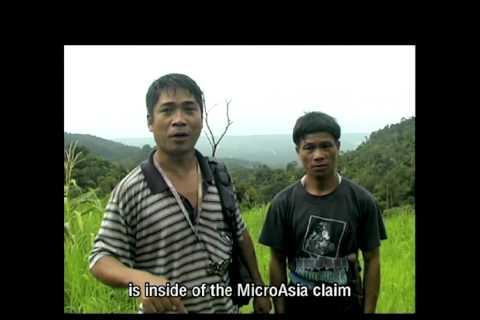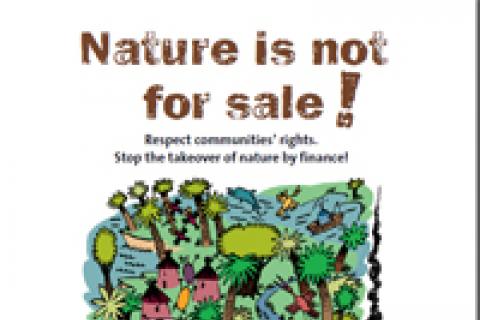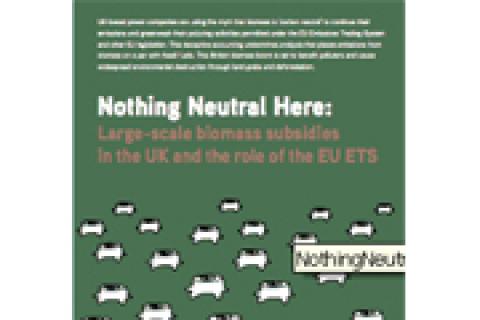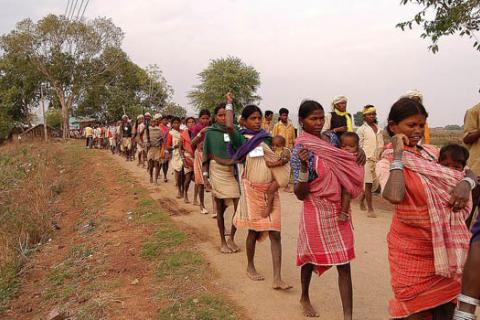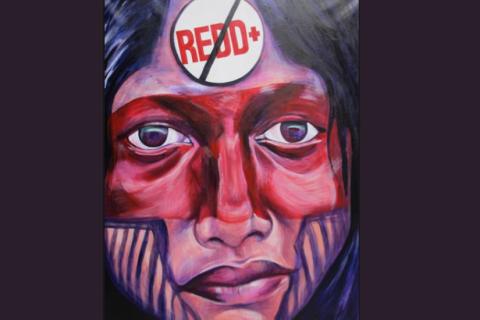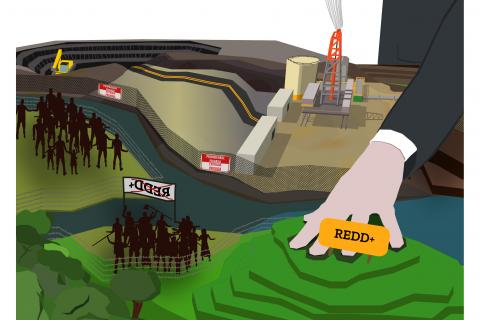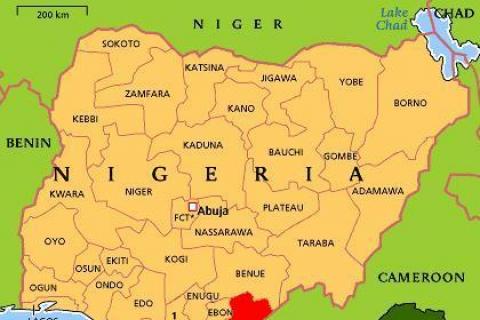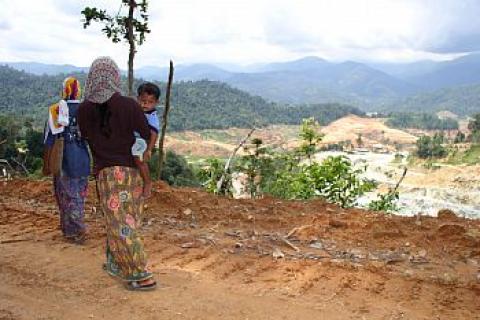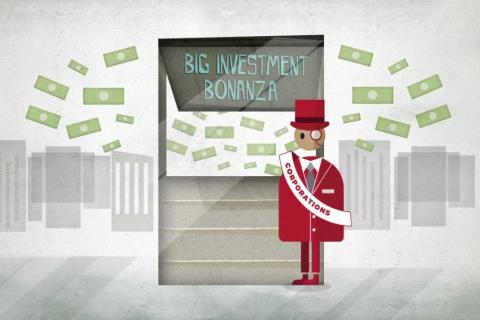A video documentary launched on July 27 by ALDAW, showing the cultural values of Palawan and the encroachment of mining operations in ancestral domains.
frameborder="0" width="640" height="360">
Other information
An article that analyzes the law passed in the Brazilian state of Acre in 2010 to create the State System of Incentives for Environmental Services (SISA). The law is considered a model and example for the world; however, it ultimately serves to turn over the state’s natural wealth, including its forests, to the financial speculation market.
A leaflet on the Green Economy and the financialization of nature, published by Friends of the Earth France, ATTAC and AITEC.
Available at http://www.amisdelaterre.org/IMG/pdf/nature_is_not_for_sale.pdf
Members of farmers’ organizations, women’s movements and civil society organizations from South Africa, Zimbabwe, Malawi, Swaziland, Lesotho, the DRC and Mozambique gathered on August 15-16 in Maputo, Mozambique, to analyze the multi-dimensional global crisis and the response of African governments.
A Carbon Trade Watch report that links the demand for biomass in the UK, the role of the EU’s Emissions Trading System and the destructive expansion of industrial monoculture tree plantations around the world.
Land grabbing is characterized by the acquisition of vast areas of land in countries of Africa, Latin America and Asia for a variety of different uses, including large-scale monoculture plantations, mining, tourism, hydroelectric power plants and food production for export, among others, by companies, investment funds and financial markets in general (see WRM Bulletin Nº 177). This has wide implications on communities and their forests, livelihoods, traditional knowledge and indeed, on their present and their future.
Rather than shifting course, the so-called Green Economy strategy unveiled at the 2012 United Nations Conference on Sustainable Development drives nature further into the global marketplace by defining an economic value on what the Earth “does” for humans, detachedly called “ecosystem services.” Proponents of this scheme of “commoditizing” soil, forests, and fresh water profess that by putting a price on the natural world, it can be ‘saved’.
The goal of the private investment firm Terra Global Capital is “to facilitate the market for land use carbon and other environmental credits (…) by providing technical expertise for the measurement and monetization of land use carbon credits and carbon finance through a dedicated investment fund.”
The REDD (Reducing Emissions from Deforestation and Forest Degradation) mechanism and its subsequent expanded version, REDD+, which encompasses monoculture tree plantations, form part of the “market-based” strategies for confronting climate change that we consider to be false solutions, since they do not address the true causes of the problem. The basic concept behind REDD is that governments, or the owners or concession-holders (companies, big NGOs) of forests in the South, should be compensated for keeping the forests standing, instead of cutting the trees down.
The tropical moist forest area of Cross River state has the largest area of tropical forest in the country. Approximately 8,500 square kilometres are mostly undisturbed virgin forest, partially under community ownership. 5,140 square kilometres of the tropical high forest land are designated as protected areas, comprising the Cross River National Park, which occupies 3,330 square kilometres of high forest, and the Forest Reserves occupying 1,810 square kilometres of forest land where the Etara and Ekuri-Eyeyeng communities have their customary lands.
The current government of Sarawak, a Malaysian state on the island of Borneo, is planning to build 12 hydroelectric dams which would displace tens of thousands of people and flood large tracts of tropical rainforest. Billed as clean energy, hydroelectric dams in tropical countries have devastating impacts on our climate because of the greenhouse gases released from the mass of rotting vegetation that comes with flooding such huge swaths of rainforest.
"The dark side of investment agreements" is a new video by TNI that explains how such agreements bind governments to the power of Transnational corporations leaving them no room for defensive measures against human rights abuses, environmental damage, or breach of commitments made by companies.
frameborder="0" width="640" height="360">
